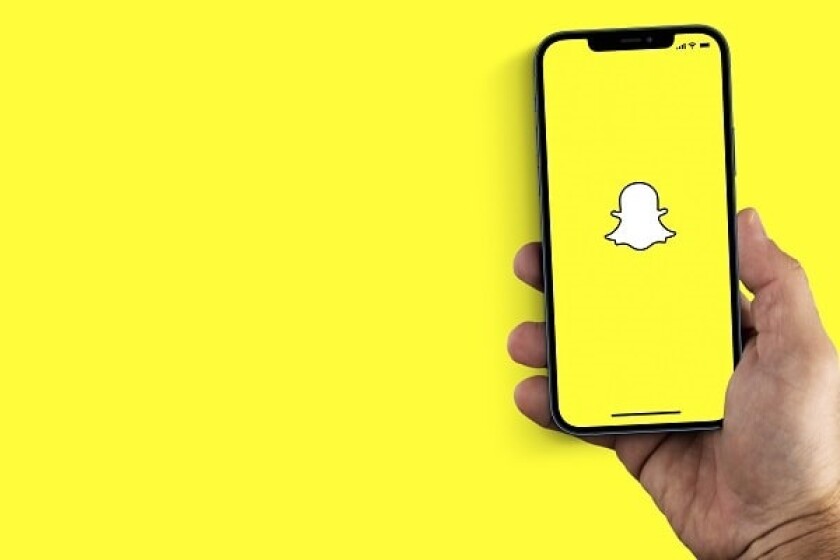Unlock this content.
The content you are trying to view is exclusive to our subscribers.
To unlock this content:
Managing IP is part of Legal Benchmarking Limited, 1-2 Paris Gardens, London, SE1 8ND
Copyright © Legal Benchmarking Limited and its affiliated companies 2026
Accessibility | Terms of Use | Privacy Policy | Modern Slavery Statement
Cookies Settings

The content you are trying to view is exclusive to our subscribers.
To unlock this content:
As a premium subscriber, you can gift this article for free
You have reached the limit for gifting for this month
There was an error processing the request. Please try again later.